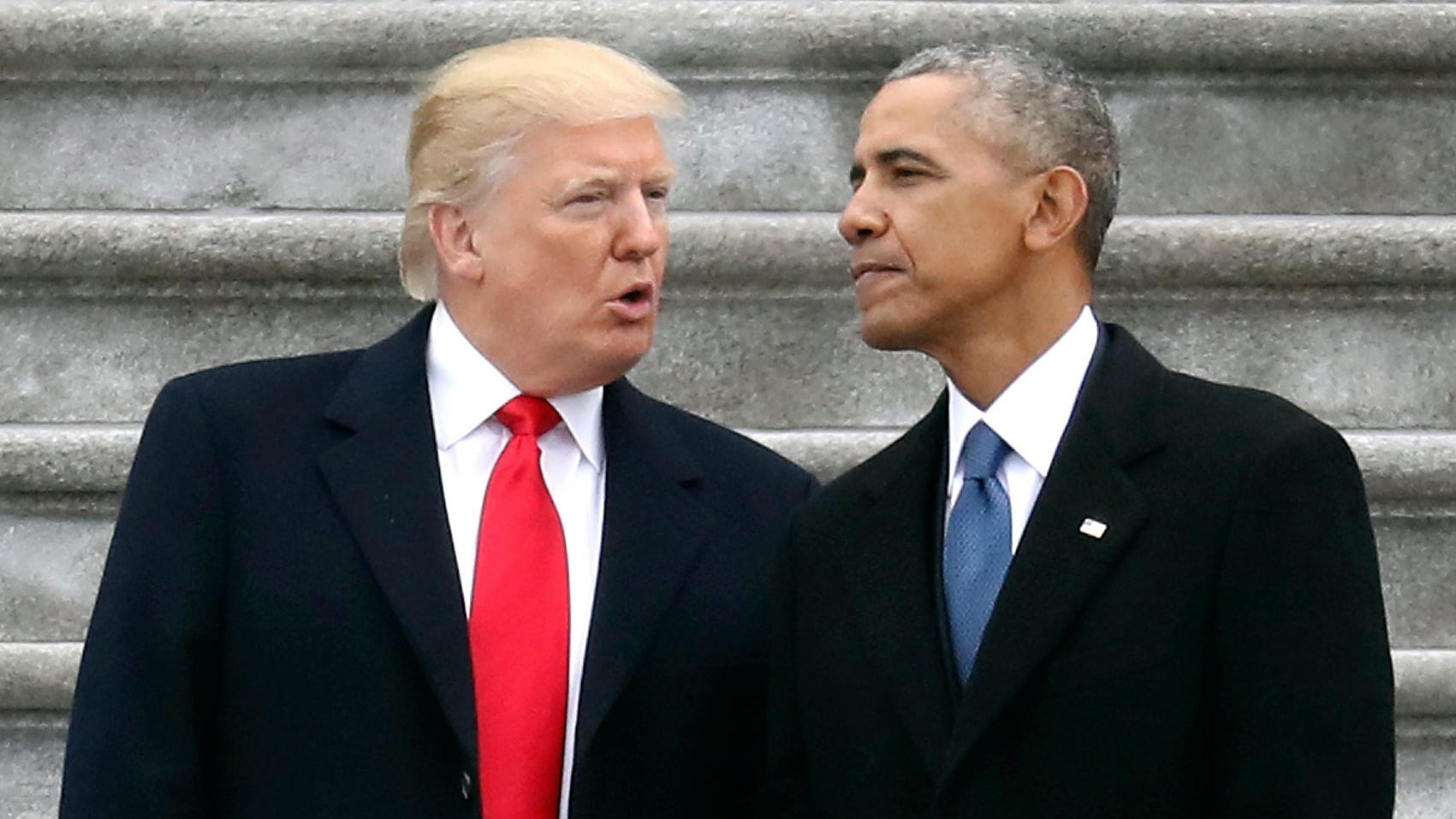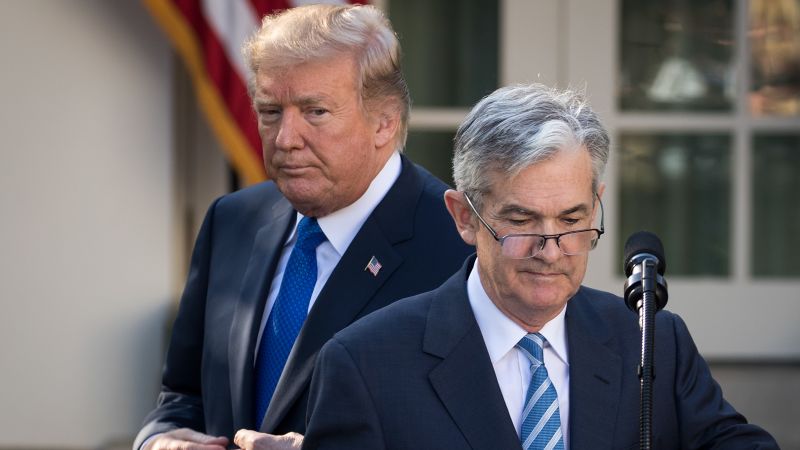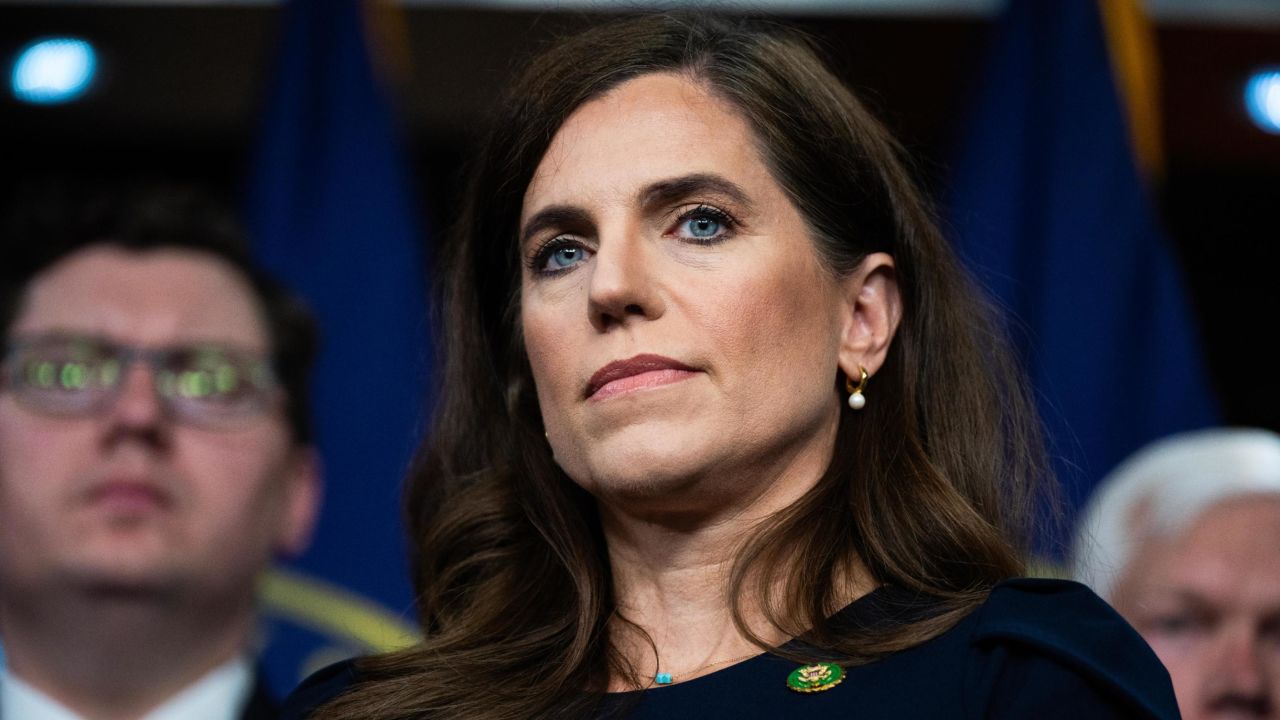Zuckerberg's Next Chapter: Navigating The Trump Presidency

Table of Contents
The Trump presidency presented Mark Zuckerberg and Facebook with unprecedented challenges, forcing a dramatic shift in the company's trajectory and Zuckerberg's public image. This period witnessed increased regulatory scrutiny, fierce public criticism, and intense debate about Facebook's role in shaping political discourse. This article will analyze Zuckerberg's navigation of this turbulent era, exploring its impact on Facebook's policies, its relationship with the government, and its broader influence on society. We will examine how Zuckerberg and Facebook responded to the pressures of the Trump administration, and what this period reveals about the future of social media and its role in democracy.
The Trump Administration's Impact on Facebook
The Trump administration significantly increased regulatory pressure on Facebook, focusing on issues of misinformation, data privacy, and antitrust concerns.
-
Increased Scrutiny and Regulation: The Trump administration's focus on "fake news" and foreign interference led to increased regulatory scrutiny of Facebook. This included investigations by the Federal Trade Commission (FTC), Congressional hearings, and pressure from lawmakers on both sides of the aisle to address issues of misinformation and data privacy. Legislation like the Digital Services Act (DSA) in Europe, although enacted after Trump's presidency, foreshadowed the growing global trend towards stricter regulation of social media platforms. Facebook responded by investing heavily in content moderation teams, developing new fact-checking initiatives, and implementing stricter advertising policies. However, these measures were often criticized as insufficient.
-
The Political Advertising Landscape: The Trump presidency highlighted the vulnerabilities of social media platforms in the context of political campaigns. The use of targeted advertising to influence voters, coupled with instances of foreign interference in elections (as seen in the Cambridge Analytica scandal), fueled concerns about the transparency and accountability of political advertising on Facebook. Facebook subsequently introduced stricter verification processes for political advertisers and increased transparency measures, but questions remain about the effectiveness of these changes in preventing manipulation.
Zuckerberg's Shifting Public Image During the Trump Era
Zuckerberg's public image underwent a significant transformation during the Trump years.
-
From Tech Visionary to Public Enemy?: Prior to the Trump presidency, Zuckerberg enjoyed a largely positive public image as a tech visionary. However, the controversies surrounding Facebook's role in the 2016 election, coupled with ongoing concerns about data privacy and the spread of misinformation, significantly damaged his reputation. Congressional hearings, where Zuckerberg faced intense questioning, further contributed to this negative shift in public perception.
-
Damage Control and Reputation Management: In response to the mounting criticism, Facebook implemented various damage-control strategies. This included launching community initiatives, investing in fact-checking partnerships, and emphasizing its commitment to data privacy. However, these efforts were often perceived as reactive rather than proactive, and public trust in Facebook remained low throughout much of this period. Zuckerberg's own public appearances and testimony often failed to alleviate concerns and instead fueled further criticism.
Facebook's Role in the 2016 and 2020 Elections
Facebook's role in the 2016 and 2020 US presidential elections became a major point of contention.
-
The Spread of Misinformation and Foreign Interference: The 2016 election exposed the vulnerability of Facebook to the spread of misinformation and foreign interference. Russian operatives used Facebook to spread divisive political messages and influence the election outcome. Although Facebook took steps to address these issues in the 2020 election, concerns about misinformation and foreign interference persisted. The sheer volume of content on the platform makes complete control nearly impossible.
-
The Impact on Voter Behavior and Democratic Processes: Numerous studies have explored the impact of social media, particularly Facebook, on voter behavior and democratic processes. While establishing a direct causal link is challenging, research suggests that exposure to misinformation and targeted political advertising on Facebook can significantly influence voter opinions and choices. The long-term implications of this influence on democratic systems remain a subject of ongoing debate and research.
Looking Ahead: Zuckerberg's Future Challenges
As Zuckerberg navigates the future of Facebook, several significant challenges remain.
-
Navigating the Ever-Evolving Regulatory Landscape: The regulatory landscape for social media is constantly changing, with governments worldwide implementing stricter rules and regulations. Facebook must adapt to these changes, and proactively engage with policymakers to shape the regulatory environment.
-
Maintaining User Trust and Protecting User Data: Regaining and maintaining user trust is paramount for Facebook's future. This requires a commitment to transparent data handling practices, robust data privacy protections, and effective mechanisms for addressing misinformation and harmful content.
-
The Future of Social Media and its Role in Society: The future of social media and its impact on society are subjects of ongoing discussion. Facebook's success will depend on its ability to adapt to changing social trends, address ethical concerns, and find a sustainable balance between free speech and the need to protect users from harm.
Conclusion: Zuckerberg's Legacy and the Future of Facebook Under Scrutiny – A Call to Action
Zuckerberg's leadership during and after the Trump presidency was a defining period for Facebook. The company faced intense scrutiny, forcing a reevaluation of its role in society and the responsibilities that come with its immense influence. The legacy of this era will continue to shape discussions about social media regulation, data privacy, and the protection of democratic processes. To ensure a more responsible and accountable future for social media, continued critical analysis of Zuckerberg’s actions and policies, along with pressure for greater transparency and regulation, are crucial. The ongoing dialogue surrounding Zuckerberg’s leadership and Facebook’s impact is vital to shaping a healthier and more democratic online environment. Let's continue to critically examine Zuckerberg's next chapter and the future of Facebook.

Featured Posts
-
 Pope Franciss Signet Ring Its Fate After His Death Explained
Apr 24, 2025
Pope Franciss Signet Ring Its Fate After His Death Explained
Apr 24, 2025 -
 Trump Denies Intentions To Fire Federal Reserve Chair Jerome Powell
Apr 24, 2025
Trump Denies Intentions To Fire Federal Reserve Chair Jerome Powell
Apr 24, 2025 -
 John Travolta Honors Late Son Jetts 33rd Birthday With Moving Photo
Apr 24, 2025
John Travolta Honors Late Son Jetts 33rd Birthday With Moving Photo
Apr 24, 2025 -
 Rep Nancy Mace Confronted By South Carolina Voter A Heated Exchange
Apr 24, 2025
Rep Nancy Mace Confronted By South Carolina Voter A Heated Exchange
Apr 24, 2025 -
 Reduced Tesla Q1 Profits A Look At The Underlying Causes
Apr 24, 2025
Reduced Tesla Q1 Profits A Look At The Underlying Causes
Apr 24, 2025
